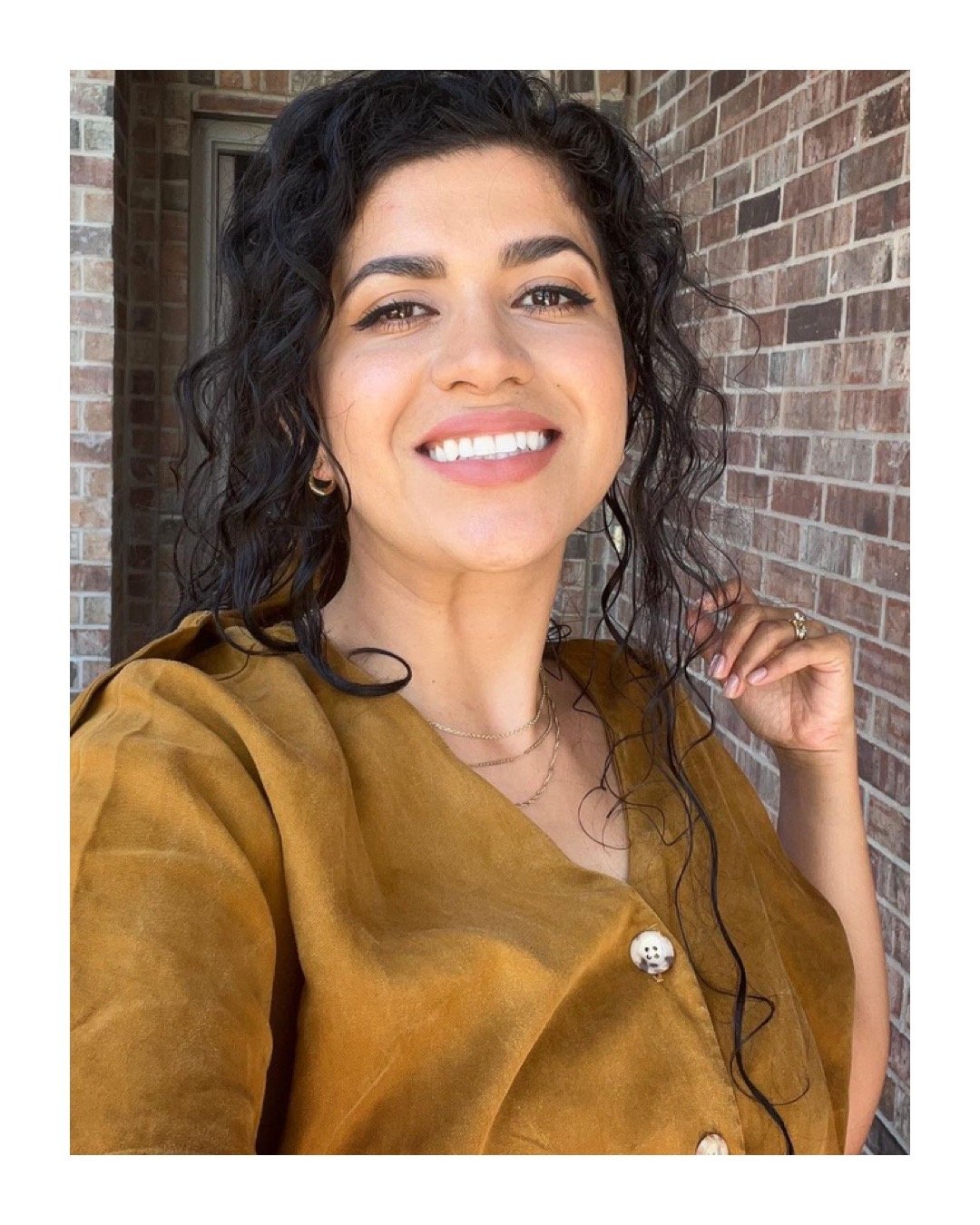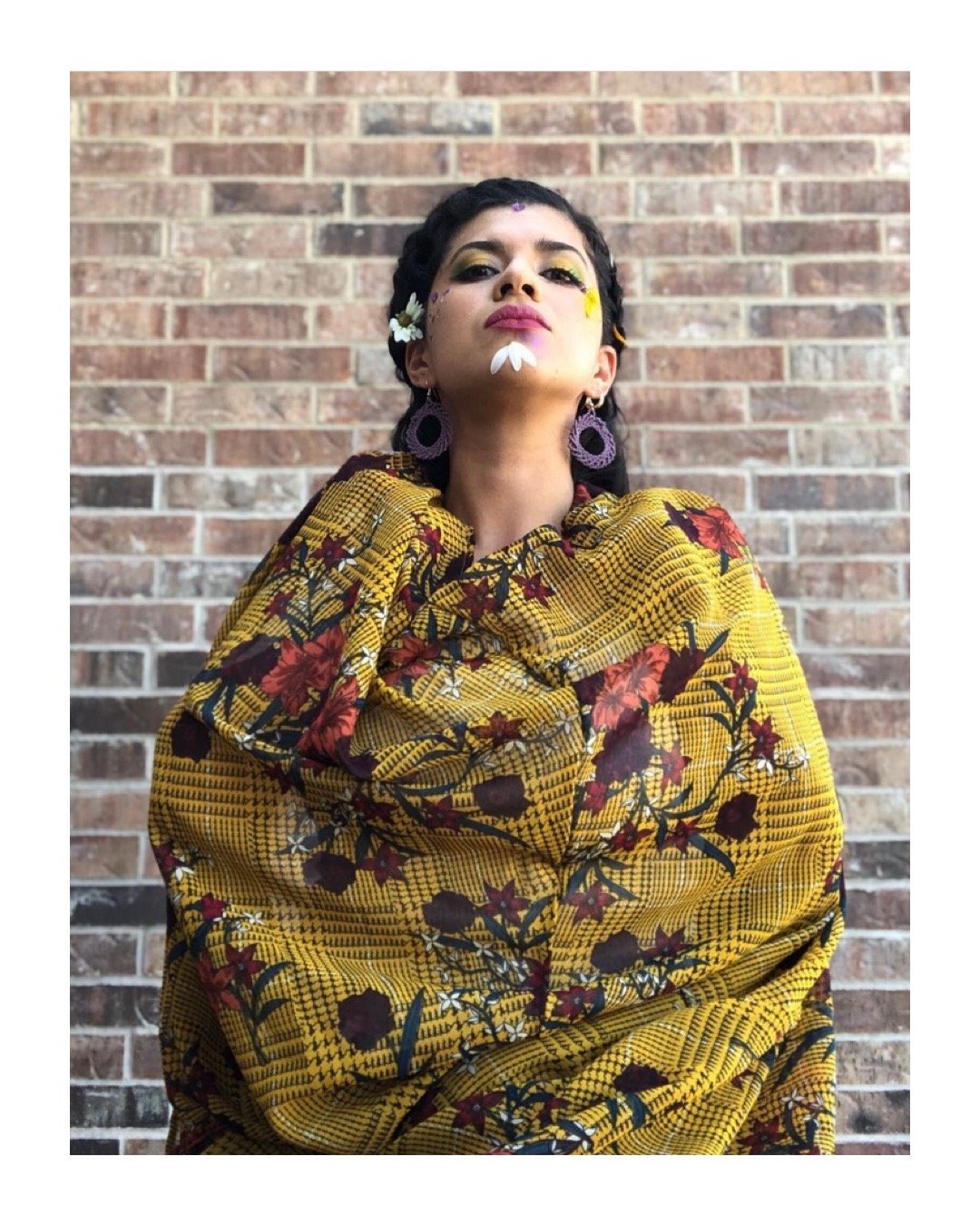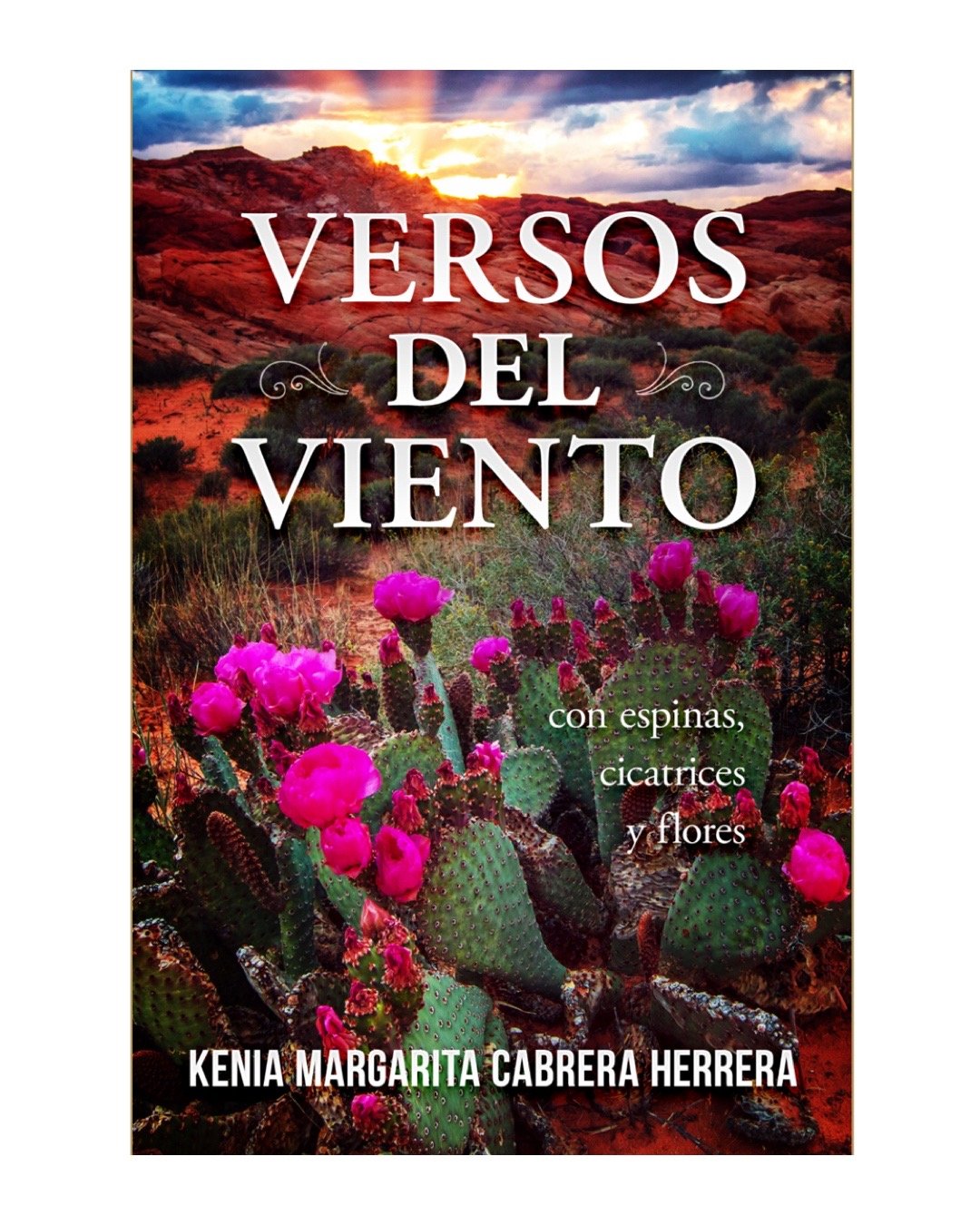Within every mujer is a story of beauty and power
Kenia Margarita is a coach, speaker, bilingual educator, poet and author who credits migration as part of her powerful story of self-discovery and self-identity. At age eleven, she moved from her birthplace in Mexicali, Baja California, México to the United States and took on many new roles and labels, including undocumented immigrant. In our conversation below, Kenia shares openly about the struggle to feel safe and free, the hardships and the opportunities that come with being the first in her family to experience things like graduating college and obtaining legal status in the U.S., using her voice to honor her whole, authentic story, and the transformative change she is creating through her group coaching program Del Viento Revolution.
Kenia Margarita
Life Coach | Bilingual Educator | Speaker | Author | Poet | Creator of Del Viento Revolution
What is your origin story and how do you identify ethnically and culturally?
Migration is a powerful part of my story and culture. My grandparents migrated from the southern states of México to the northern states. Some of them even traveled [between] the United States and México.
My parents were born in Mexicali, Baja California, México. That’s where I was born and raised until the age of eleven. Then we moved to the United States and everything changed. Our identities changed. I became an immigrant, a Latina, an undocumented immigrant, and later, a first-gen [college student].
Now I am in Texas. I want to believe that, as humans, we should be free to experience the world, its beauty, and its abundance.
I consider myself a daughter of immigrants, a Mexicana, a Latina, and a daughter of the earth.
Who and what inspires you?
My parents inspire me.
My dad carries himself in a beautiful way. He values himself and sees his worthiness. I admire that he is disciplined and has self love. Despite us being undocumented immigrants and the things he has experienced, the way he shows up for himself is an inspiration and a reminder that I am worthy despite what society says and thinks [about me].
My mother also inspires me. She carries so much as an immigrant woman and a Mexicana. Not a lot of people can go through that and still have so much kindness and love. To me, that says a lot about her. The things she has experienced have not stopped her from continuing to stand tall and care for her family. She is a great mother and a great wife.
When did writing come into your life?
I have been writing since I can remember. In México I would memorize poetry and say it out loud. As a teen in the US, I would write songs, movies, and stories with my friend. In college I took a chicano studies writing class and read Borderlands by Gloria Anzaldúa. It was the first time I had read a book in English and Spanish and it helped me connect to my bilingualism. I cried and felt a sense of belonging through my language, through Spanglish. After reading Chocante by Amalia Ortiz, I wrote my first poem, titled Acento.
I continued to write poetry here and there and eventually decided to put all of my poems into a book Versos Del Viento.
My poems are in Spanish because I wanted to write poetry for my parents to read. But when I showed my family my poetry I felt that my words were not as impactful as I had hoped for.
I did not believe my poems were powerful until a year ago when I went live and read a poem out loud for the first time to someone. That person cried and I started to understand the power of my words.
How has community shaped you? And what is important to you as you build community through coaching?
As a Mexicana and a Latina I grew up [in a culture] of community with my primos, my primas, my tíos, my tías, my whole family. As I got older and had these experiences of being a first-gen going to college and experiencing American culture here in the U.S., my community started to fade and feel distant. I felt very lonely.
When I started my healing journey I became part of a group of women who were also healing and wanting to share their voice. Surrounding myself with them transformed my life. It reassured me that I’m not alone.
Community is like a medicine. It allows us to expand the vision we have for ourselves and ease the struggles, the hardships, we go through as women, first-gens, and Latinas.
In my group coaching program, Del Viento Revolution, community is the weapon and the medicine for transformative change.
Why did you create Del Viento Revolution? And who is it for?
In the past there was a version of me that didn't feel seen, didn’t feel free, or safe enough to just be.
My identity and experiences as an undocumented immigrant gave me a lot of fear. All these labels were given to me: AB 540 student, illegal, daca, dreamer. I wanted to not feel [the weight] of those things. I remember thinking, “Why can’t I just be like the wind?”
I created “Del Viento” as part of my name to mean that I am from the wind. The Del Viento Revolution program is for other women like me to have a safe space to share and connect, to understand that they’re not alone.
Right now, it’s just the beginning. I see so many breakthroughs for the women just as I have for myself. And I want to expand that.
Can you name a recent or current challenge that you are working through?
I had (and still have) to do a lot of work around identity and labels. Sometimes we see ourselves in a mirror for so long that we see the same thing. We don’t notice the growth or the changes.
The first time I had to give someone my bio, I struggled with imposter syndrome. It was difficult to call myself a bilingual educator, a teacher, an author.
For a long time I lived with the label of undocumented immigrant and that experience was very limiting to me. Even though I am not undocumented anymore, I will always belong to that community. Being undocumented is part of who I am, but I also understand that I am not limited by that experience anymore.
Learning to shed labels that limit me and grab new labels for myself is [ongoing] work.
If you could have a conversation with your younger self, what would you say to her?
I would tell her that she is not alone. That she is worthy of standing in her truth and being her authentic self. I would hug her and tell her to love herself just as she is, with everything that she is and everything that she represents. I would tell her that everything is going to be ok. God and the universe are supporting her. She is safe. I would tell her to go for it, to follow her intuition, that she is worthy of all of it.
What does representation mean to you? And how important is it to bring visibility to your story?
In my [undocumented] experience I hardly saw people that looked like me or sounded like me.
All I want to represent is authenticity and honoring who your are, whatever that looks like. If someone sees themself in my story, I know there is a need for my voice.
It’s important for me to bring forward my whole experience and not leave any part of myself out. I was undocumented, I had DACA, I’m an immigrant, and I’ve struggled through the inner work of being a woman.
There is so much hiding to fit in or to please [others]. But in the end, authenticity is what will will heal you and that’s all I want for everybody.
If you could have a conversation with anyone, who would it be and why?
I would have a conversation with my grandfather, my mom’s dad. I would like to hear his story, his experience of growing up, how many siblings he had, and how he raised my mom, from his point of view. Even though his stories have been passed down to me through my family’s culture of storytelling, I have always wanted a grandpa to tell me stories.
What are you most proud of?
So many things, but my healing journey has been really powerful for me and for those around me.
As a daughter of immigrants and the first in my family to go to college, I carried this weight of mothering my parents and my siblings even though they were older than me. Carrying this responsibility of wanting them to succeed, wanting to support them, and wanting to be available to help them out all the time was affecting my health.
Allowing myself to let go of the things I can’t control with my family has been difficult and very liberating as well. Once I stopped carrying that, I could help them and support them in a different, beautiful way.
Name a vision or goal you have for yourself.
Creating a community within Del Viento Revolution for women to feel safe and to feel seen, to come together and start the journey of self-discovery and healing.
What is something someone would be surprised to know about you?
I drive a manual car. During the pandemic I learned how to make soap. And last year I swam with wild sharks in the Bahamas!
Follow keniadelviento on instagram for up to date information on current offerings and program launches.


